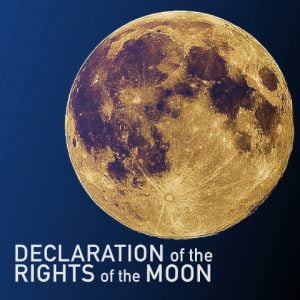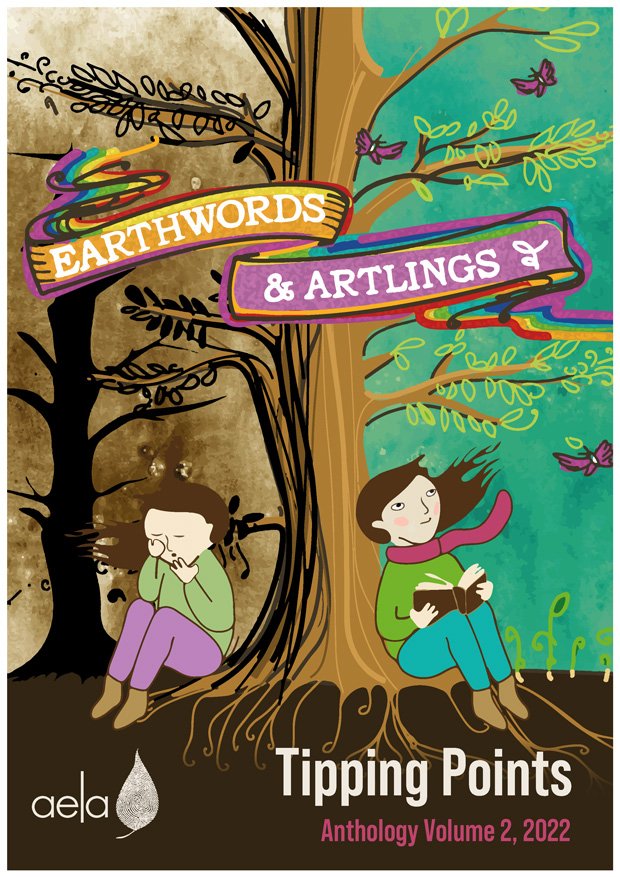Ecocide Laws Australia
AELA is hosting an Australian working group made up of lawyers, academic researchers and law students, who are working to draft Ecocide laws for jurisdictions in Australia. The working group presented webinars on 24 November 2021 and 14 September 2022, providing updates about their work. Watch the webinars below:
How Ecocide Could Be Made a Crime in Australia
Responsibility for criminal law in Australia is divided between the state and territory governments and the federal government. This division is due to the Federal government’s limited legislative powers under the Australian Constitution.
There are differences across between Australia’s ‘Code States’ and ‘Common Law States’. Western Australia, Queensland and Tasmanian have Criminal Codes and are referred to as ‘Code States’. The Code States have replaced the system of judge-made criminal law (common law); with a Code that exhaustively defines the criminal law. Other Australian States have kept criminal law as inherited through the common law; which is modified through legislation and subsequent common law developed by Australia’s courts.
One option of creating an Ecocide law in Australia would be to include the Independent Expert Panel definition into the Criminal Code. This would involve looking at the Code States (Western Australia, Queensland and Tasmania). That allows us to work with a definitive authoritative instrument of what crime actually is. All criminal codes are a product of history – that is they are not static. All of the codes in Australia are anthropocentric – this is because criminal law has historically seen harm as human harm (i.e. that is it defines in categories of crimes against the persons, crimes against property etc). Each of the codes break into parts and then into categories of crime (e.g. assaults, homicides, sexual offences, drug offences, dishonesty offences, property offences, arson, common nuisance)
If we were to insert the crime of Ecocide into any one of our Australian codes, then we would be looking at inserting not only a new category of crime but a new family of crime. The crime that would be inserted might be called something like “Crimes Injurious to the Environment.” Which by inserting it into a criminal code would really place emphasis on the environment as a victim and not human harm. This is very important for the work of AELA which comes from a rights of nature perspective. It is also a novel construction in that it sets up a new category or family of crime against the environment.
Ecocide law reform is going to need to allay the fears of different legitimate industries in Australia. In Australia the clearing of native vegetation, fishing, logging, mining and farming are all legitimate land uses and are governed by regulations under the state’s land use and planning acts. Each state outlines in their respective legislation how approvals are assessed under the relevant planning scheme. If the proposed activity will have significant impact on matters of national environmental significance, approval may be needed under the Environment Protection and Biodiversity Conservation Act 1999 (Cth) (EPBC Act). All legitimate and lawful activities are exempt from the application of criminal sanction where lawful permit has been sought and approved under the relevant Act, except where those lawful activities are deemed wanton or excessive. There would need to be an exclusion clause in the crime of Ecocide that sets out what types of activities are considered legitimate and legal and therefore excluded from prosecution with reference to the appropriate land use regulations, planning schemes and EPBC Act.[1]
Criminalising Ecocide in Australia would have a significant deterrent and effect on corporations and States ministers and decision-makers. Corporate success depends on public and investor confidence. No CEO or financier wants to be seen as a criminal. A law of Ecocide will signal the end of corporate immunity – and begin to redirect business and finance away from seriously harmful environmental practices.[2] Government decision-makers may also think twice about approving harmful environmental developments if they know they there could be criminal consequences to their reckless behaviour.
Ecocide law reform will need the support of political representatives to carry the reform bills through their respective states. Ecocide Laws Australia is currently working with the Tasmanian Greens to draft a crime of Ecocide for insertion into the Tasmanian Criminal Code.
To help support the work of Ecocide Laws Australia please consider becoming a monthly donor to AELA.
- [1] ‘Ecocide Laws Australia: Webinar 24 Nov 2021’ Australian Earth Laws Alliance (Web Page, 2021) <https://www.youtube.com/watch?v=rXaTJvDQ7Nk>.
- [2] ‘How do we make Ecocide an International Crime?’ Stop Ecocide International (Web Page, 2021) <https://www.stopecocide.earth/making-ecocide-a-crime>.




















